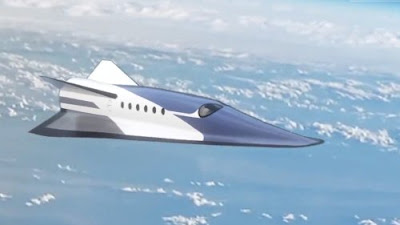Supernova Found in Antarctic Snow
Stardust Discovered
Interstellar News
Australian scientists have discovered large amounts of stardust in Antarctica snow, likely from the explosion of a supernova that had been close to the Sun. The explosion rained down particles of a unique iron isotope discovered in melted snow from the South Pole. The discovery of the rare isotope, iron-60, which is not native to Earth, was made by a scientific research team from Australian National University.
South Pole Supernova
The researchers have ruled out any chance that the isotope was created by human activity. They say the only explanation is that it was created by an interstellar rock hitting the Earth. The team melted more than 1000 pounds of snow and analyzed the contents of the melt - large amounts of isotope iron-60. Their next focus is to determine the age of the isotope and to dig deeper for more samples in the icepack. Their remarkable findings were just published in the journal Physical Review Letters. For a free Kindle borrow of my latest book "Big Space News 2019", go to amazon.com/author/ekane
https://www.amazon.com/gp/product/B07TYG31KM/ref=dbs_a_def_rwt_bibl_vppi_i12
 |
| Source: Stock Image Antarctic |
Interstellar News
Australian scientists have discovered large amounts of stardust in Antarctica snow, likely from the explosion of a supernova that had been close to the Sun. The explosion rained down particles of a unique iron isotope discovered in melted snow from the South Pole. The discovery of the rare isotope, iron-60, which is not native to Earth, was made by a scientific research team from Australian National University.
South Pole Supernova
The researchers have ruled out any chance that the isotope was created by human activity. They say the only explanation is that it was created by an interstellar rock hitting the Earth. The team melted more than 1000 pounds of snow and analyzed the contents of the melt - large amounts of isotope iron-60. Their next focus is to determine the age of the isotope and to dig deeper for more samples in the icepack. Their remarkable findings were just published in the journal Physical Review Letters. For a free Kindle borrow of my latest book "Big Space News 2019", go to amazon.com/author/ekane
https://www.amazon.com/gp/product/B07TYG31KM/ref=dbs_a_def_rwt_bibl_vppi_i12



Comments
Post a Comment